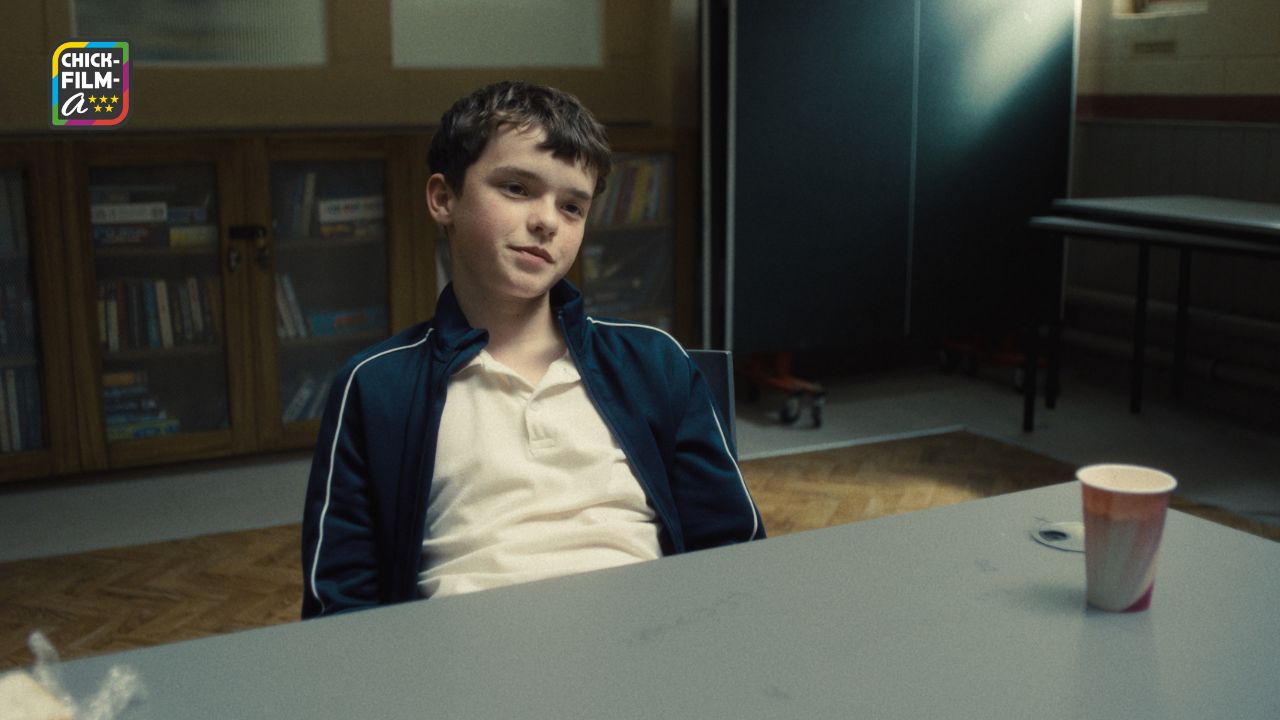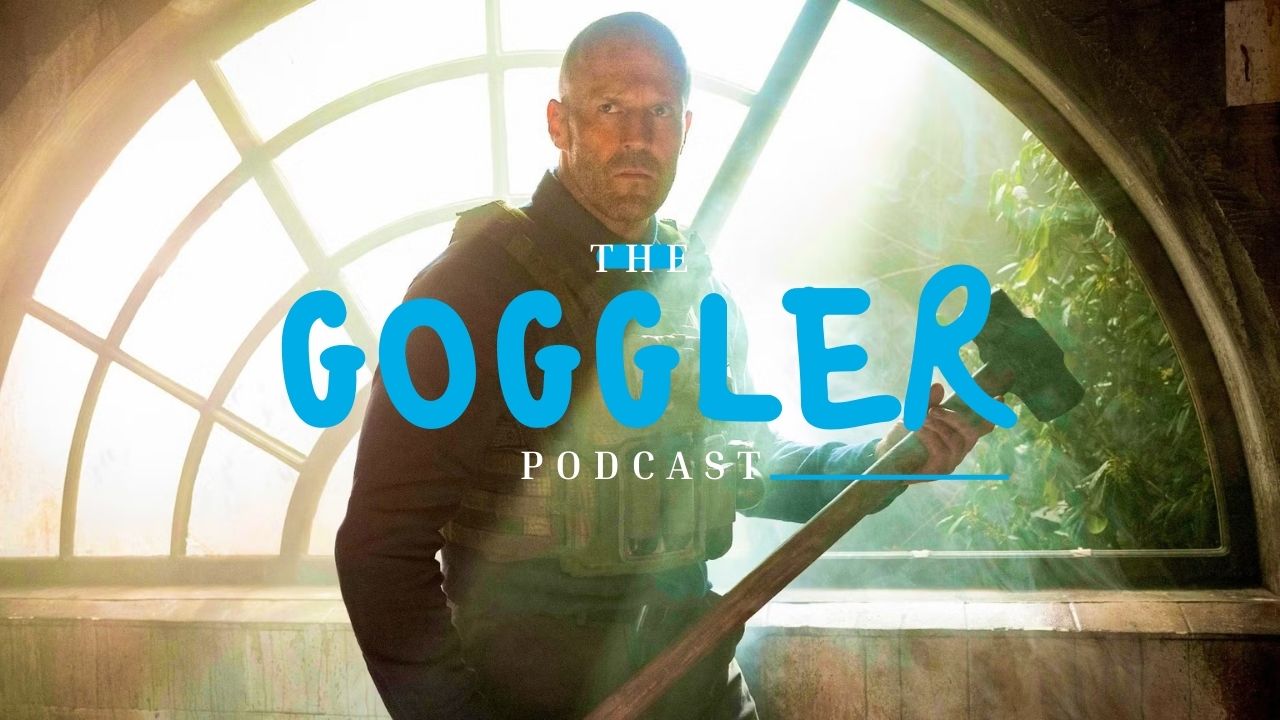I think if I told my grandfather about Adolescence, he’d be the most confused man on Earth. He’d probably ask me, “What are young boys consuming online these days to make them act like that?” Then he’d probably call Jamie a coward. And for some reason, that reaction sums up exactly what Adolescence is about, and without realizing it, he’d prove the very point the show is making.
This four-episode gut punch of a miniseries follows 13-year-old Jamie Miller, who is arrested on suspicion of murdering a girl his age. On paper, it sure sounds like a classic whodunnit, but the show never set out to be that. We were always meant to know he did it. The real question is how and why. What’s especially eerie is that Jamie couldn’t be a more normal teenage boy. His parents are still in love, he plays video games in his room after school, and he sometimes goes out with his friends. He’s very much just a boy — one who, when his ego was bruised, stabbed a girl seven solid times.
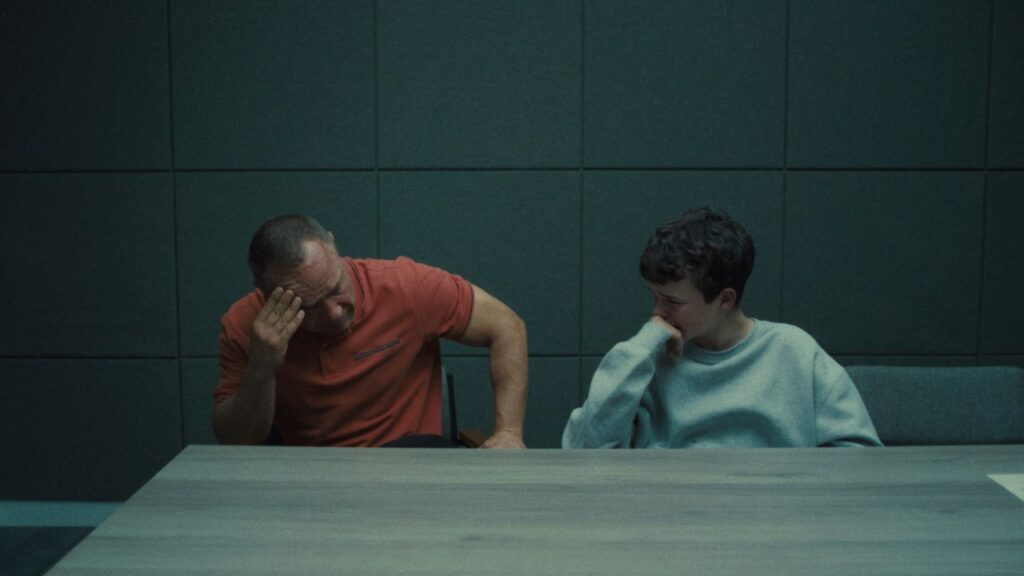
That’s what Adolescence gets so right: Jamie could be anyone. He reminded me of the teenage boys I grew up with — the ones who started making sexual innuendos the second puberty hit, who traveled in packs, mimicking each other’s every move, while watching some vaguely misogynistic YouTube videos in the back of the classroom. I could always tell they were more concerned with how they were perceived by each other than by anyone else. People always say, “Oh, they’ll grow out of it. It’s harmless.” But what if they don’t? And what if it’s not?
This isn’t exactly a new phenomenon. Masculinity has always been shoved down the throats of boys. But instead of just an older man telling them to “man up,” “not cry,” and “pick up a sport,” we now have bald men sitting in front of Amazon mics dictating precisely what the “ideal man” is and should be. This time, the messages aren’t about chivalry — they’re laced with misogyny, resentment, and entitlement. And suddenly, you have a kid like Jamie. A kid whose mother remembers his dietary preferences and his fear of needles, but when asked about her, all he can come up with is, “She can make a good roast.”
The most horrific thing about all this? Everything is just a scroll or a click away.
I sincerely didn’t think the problem was as serious, until I saw my nephew watching something like this during one of my hometown visits. He was eight at the time.
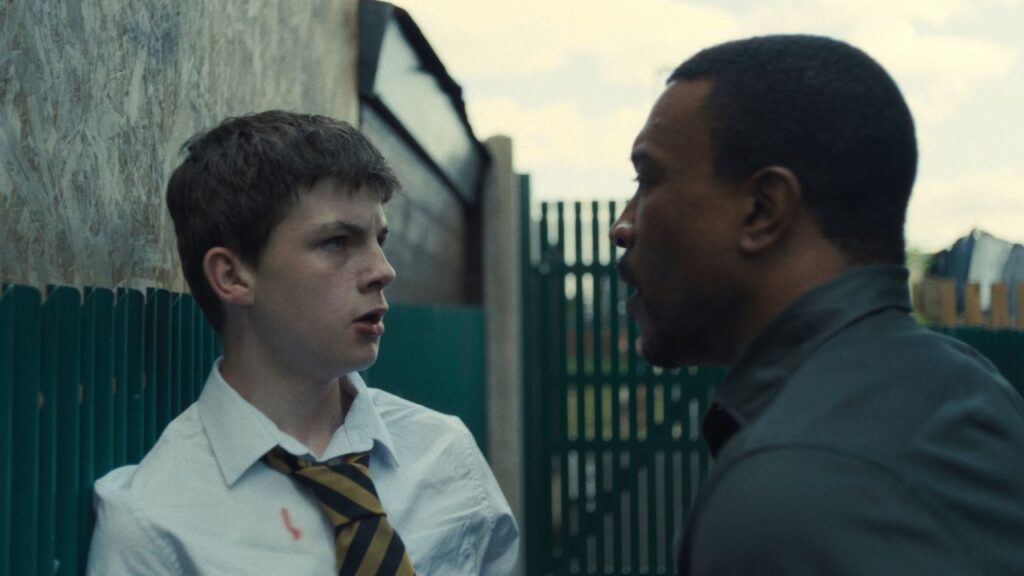
So, here is my question: why do these young boys let themselves be defined by the version of masculinity they see on the Internet? Given the fact that I’ve never been a teenage boy, I decided to ask my male friends in order to get a better understanding as to whether or not they think these videos are in any way “helpful.”
Over dinner, one of my guy friends admitted outrightly, “If I were born in this generation, I know I would’ve fallen for it.” And when I asked why, it all came down to one thing: validation.
Once again, while I’ll never fully grasp the pressure of being a pubescent boy, I do understand that growing up means seeking validation from every corner. And, as a teenager, you often find it in all the wrong places. My friend, let’s call him “L,” explained it bluntly: “It’s when you hit a low point that these videos start to feel like they validate how you’re feeling. And once you let them in, you just keep feeding into them.” So now, it’s creeping up on the little boys in your home, and they’re sharing it with their friends. It becomes an echo chamber.
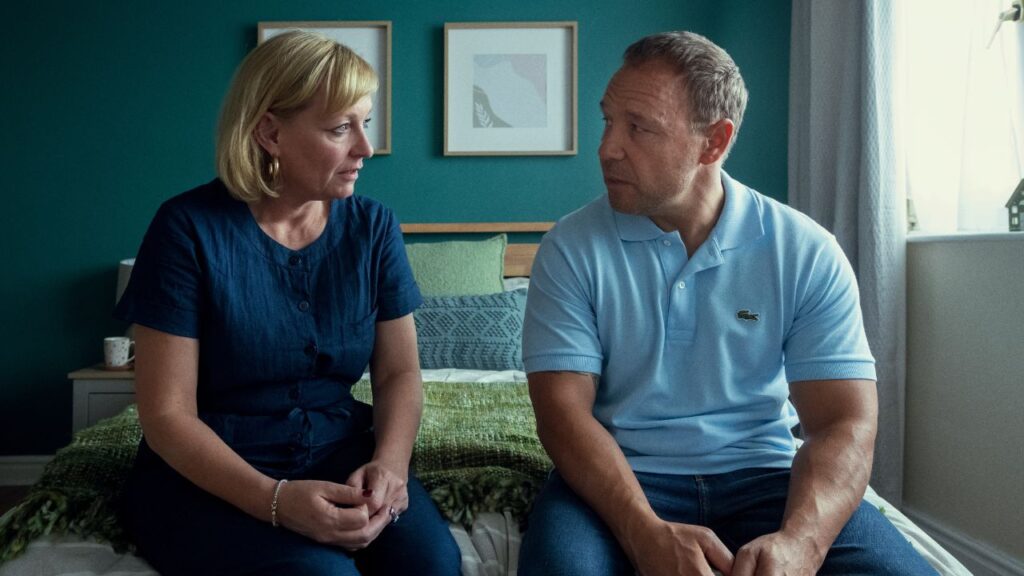
A part of growing up is bouncing back and outgrowing what’s been imposed on you. But right now, with this endless stream of “what it means to be a man” being churned out, these boys are haunted by this daunting narrative that won’t leave them. So really, the so-called “man” is really just a child who is scared shitless. Strangely enough, I can’t help but feel sympathy.
I sympathize with the futures that could be ruined. I fear witnessing the repercussions that these 15-second reels, and prevailing teen slang will continue to wreak. Hence the reason why I need to specifically bring up the fourth episode of the show, which I’ve seen some people on TikTok dismiss as unnecessary. I’m here to argue that it is absolutely crucial.
It is in this episode of Adolescence that we finally witness how a house, and a home, can break apart. How Jamie’s father, Eddie, despite his best efforts to break the cycle of toxic masculinity passed down through generations, is still unable to shield his son from it. It’s also in this episode that we see there are other young men actually supporting Jamie’s actions — further proof that this is a chain. It’s toxic, and it doesn’t just stop there.
Then, of course, there’s that devastating moment when Eddie dives his head into Jamie’s bed and bawls his heart out on his own birthday. As he tucks Jamie’s teddy bear in, he’s also tucking away the last remnants of his son’s innocence, burying it all the way down the sheets in a room that will forever be empty.
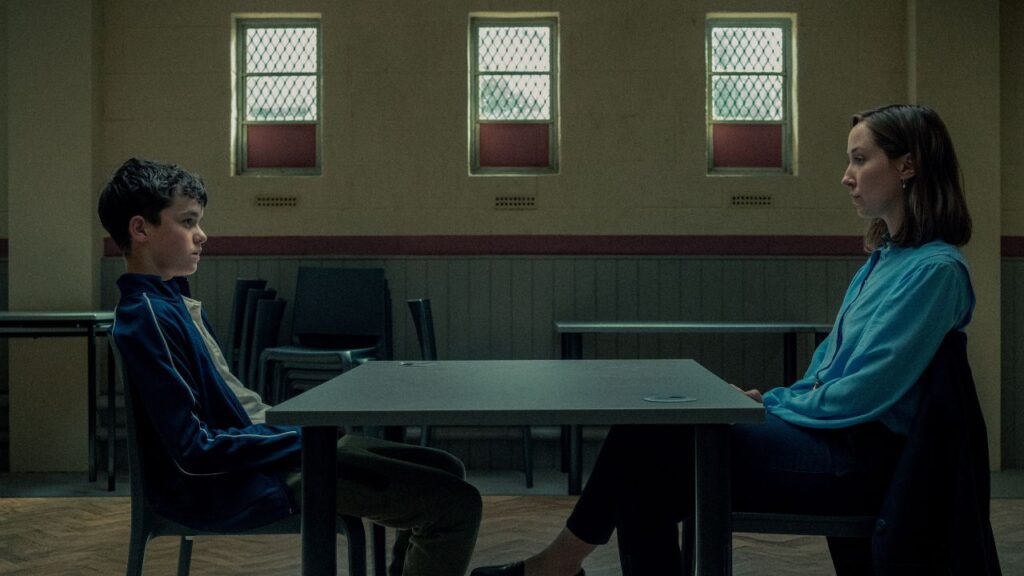
As much as I want to be optimistic, I’ve spoken to enough people and seen enough online to know that this issue isn’t going away anytime soon. There are going to be more heartbreaking stories in the news and more absurdities we can’t begin to comprehend. But Adolescence could be the start of something. Maybe it’ll help a boy at home realize that what he’s watching isn’t the truth, or help a parent realize that those innuendos that can’t be bothered to decode are feeding into something much darker. Awareness is everything, and Stephen Graham and Jack Thorne have done the hard work of showing us that.
The best thing we can do now is to acknowledge that all of this is happening in real time — because only then can we begin to shift the narrative.
We may not be able to guarantee change, but we can sure as hell try.
